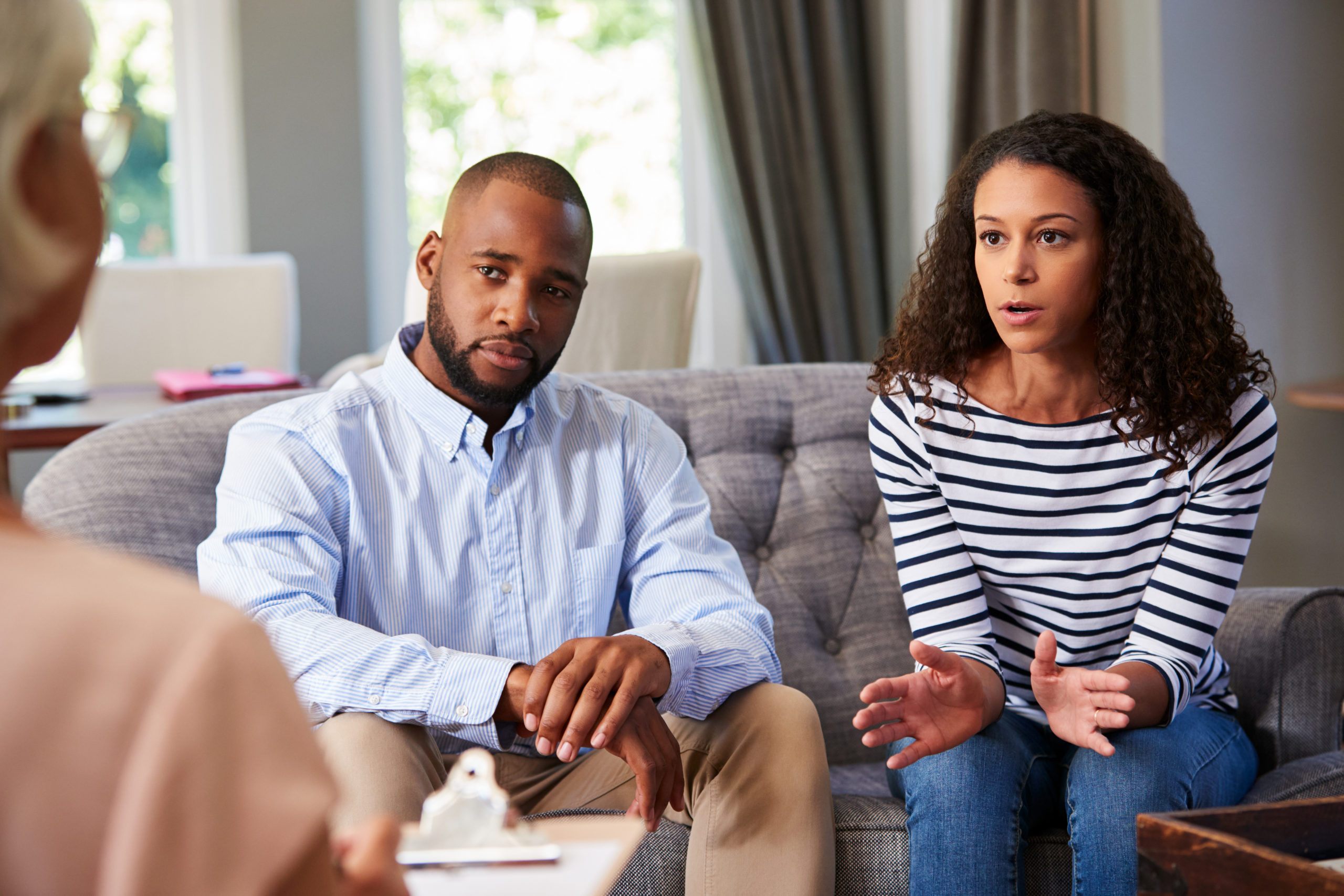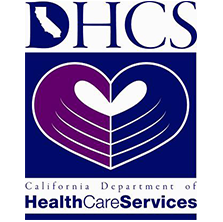If you are in a codependent relationship, knowing that the relationship is unhealthy can be challenging. On the surface, these relationships seem beneficial and soothing. While things may seem rosy, codependent relationships are unsustainable, dysfunctional, and can undermine your physical and mental health.
Not only does a codependent relationship impact your life, but it also impacts the lives of those you love. Without professional help, codependency can completely ruin the lives of everyone around you. While codependency is debilitating, it is treatable if you know the signs. This article will define codependent relationships, the signs and causes of codependency, and where you can receive specialized treatment.
What is a Codependent Relationship?
A codependent relationship is a circular relationship where one person in a relationship needs another person, who in turn needs to be needed. The cycle of codependency occurs when one person (known as the giver) gives everything to another to feel self-esteem and self-worth. The person receiving the attention from their partner (known as the taker) is happy to receive the attention but does little to reciprocate.
Codependency is most often seen between two people in a close intimate relationship, such as a marriage or partnership. However, codependency can also happen in friendships. Sometimes people will confuse dependence with codependence. It is important to recognize the distinction between the two. In a dependent relationship, both parties rely on each other for love and support, and both find value in their relationship. On the other hand, codependence is one-sided, where one person sacrifices themselves for the happiness of the other, and the partner is only happy when the other makes those sacrifices.
What are the Causes of a Codependent Relationship?
The root causes of codependent relationships can be found in childhood. Parenting styles are a common root cause of adult codependent relationships. For example, children of overprotective parents don’t get a chance to develop independence and a strong sense of self. As a result, these children become reliant on other people for their basic needs as they mature and reach adulthood—and they become the “taker” in the relationship.
Codependent relationships can also come from underproductive parenting. In this case, children learn to be independent on their own because their parents don’t support or meet their emotional needs—and they grow into a caregiver as they mature into adulthood. This is due to many reasons, including living in a dual-income household or growing up in a household where family members struggle with substance abuse.
Additionally, children in households of addiction, manipulative behavior, or physical, mental, or sexual abuse have an increased risk of becoming codependent.
What are the Signs of a Codependent Relationship?
The signs of a codependent relationship depend on each person’s role in that relationship. For example, those who are the “caretaker” in a codependent relationship may display the following signs:
- An unhealthy drive to be perfect and do for everybody
- Unnecessarily sacrificing oneself to please others. These sacrifices come at the expense of the caretaker’s mental, physical, and psychological health
- Being overly busy trying to deal with their partner’s or friend’s needs
- Have a hard time receiving love or anything else that is meaningful in a healthy relationship
For the “taker” in a codependent relationship, they may display the following behaviors:
- Profound feelings of emptiness
- Feel needy for attention and approval from others
- Feel a strong sense of entitlement
- Feel irritated and angry often, even after their needs are met
How to Treat a Codependent Relationship
Codependency is a complex condition that requires specialized treatment for both parties in the relationship. The best treatments for codependency have psychotherapy and Cognitive-Behavioral Therapy (CBT) at their foundation. These specialized programs also feature couples and family counseling. 12-step group or similar self-help group support, life skills training, relapse prevention techniques, and holistic therapies, among other treatment approaches.
Call Safe Harbor House Today for Codependent Treatment
If you recognize the signs of codependency in your relationship, you must find professional help as soon as possible. While the search for codependency treatment can be difficult, it begins and ends with a phone call to Safe Harbor House. Our experienced staff is able to treat codependency issues as well as substance abuse and mental illness. Our treatment programs are tailored to meet your and your partner’s unique needs.
Break the cycle of codependency with the help of Safe Harbor House.




